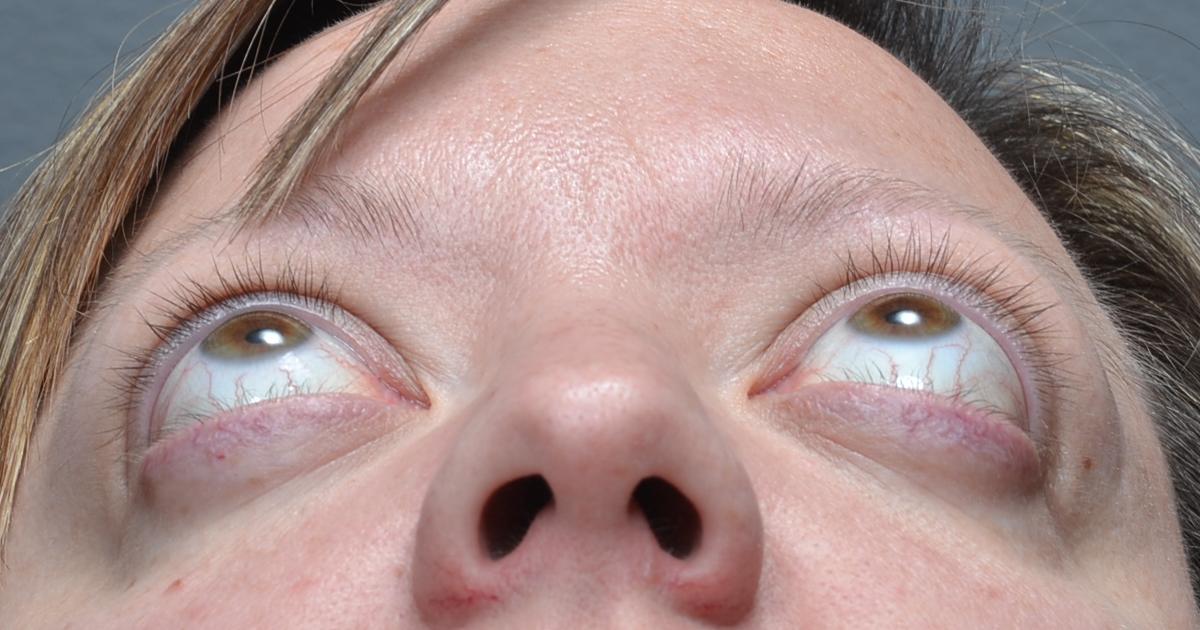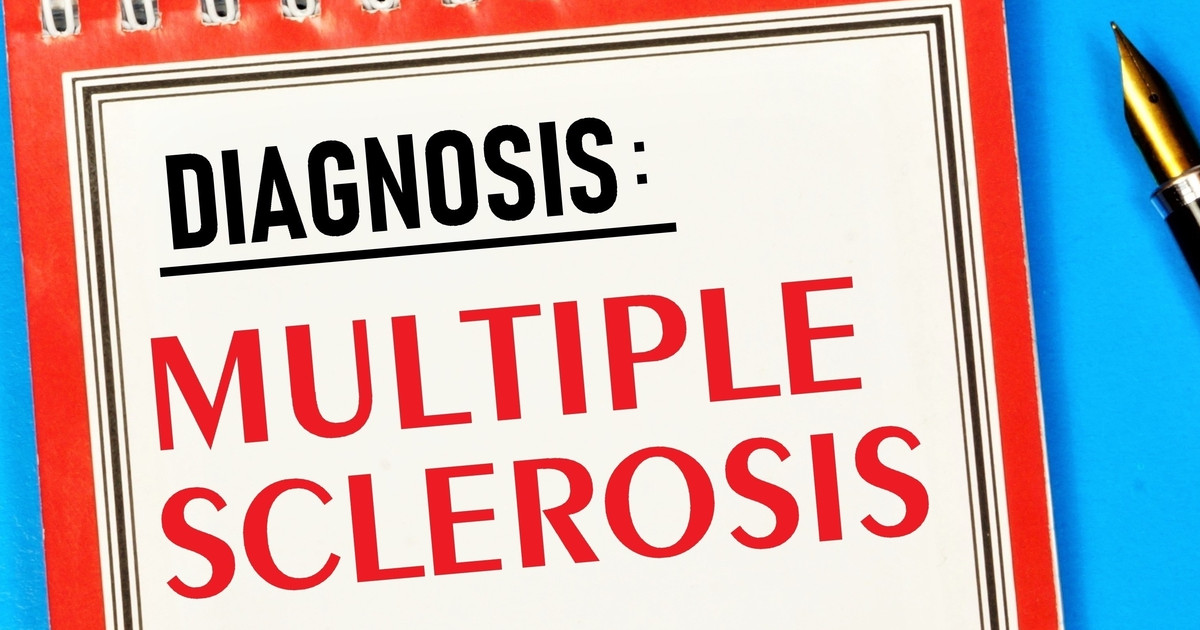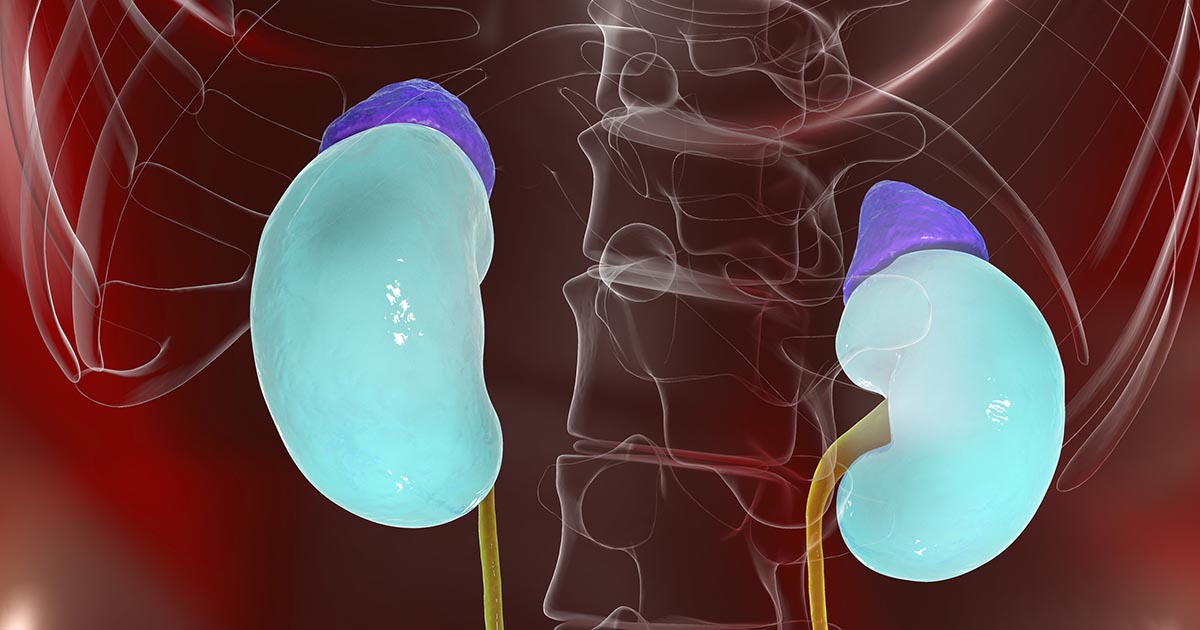Guide To The Most Common Autoimmune Diseases
Autoimmune diseases are a category of conditions where an individual's immune system acts abnormally, often attacking and destroying healthy tissues by mistake. Many triggers can cause an individual's body to start making components referred to as antibodies. Usually, antibodies help the body fight off infections. However, in patients with an autoimmune disease, they attack the body's healthy tissues instead. Diagnoses are made using physical examination, thorough medical history, blood tests, urine tests, and tissue biopsies.
Treatment for autoimmune diseases varies based on the specific condition. For instance, rheumatoid arthritis treatment often includes anti-inflammatory medication for pain relief. Corticosteroids for arthritis are also common, and some patients may need surgery for rheumatoid arthritis. Most patients need a special gluten-free diet for celiac disease. In addition, individuals will need an insulin pen or other types of insulin syringes as part of their type 1 diabetes treatment. Ultimately, patients must first understand what autoimmune disease they have to obtain the best treatment possible.
Rheumatoid Arthritis

Rheumatoid arthritis is characterized by the production of antibodies in the immune system that inappropriately attack the synovial membrane and synovial fluid in the joints. The synovium is a group of structures that sit between where two or more bones meet at a mobile joint. Its function is to keep the area lubricated and cushioned. This ensures that friction and normal use do not damage the cartilage and bone.
When an individual's immune system produces antibodies that attack these synovial tissues, the joint becomes swollen, inflamed, and stiff. This will be painful. Rheumatoid arthritis affects an individual's smaller joints first, such as those that attach the toes to the feet and fingers to the hands. It progresses and will eventually affect the knees, wrists, ankles, hips, shoulders, and elbows. Imaging tests can help diagnose and evaluate the progress of rheumatoid arthritis. Examples of helpful imaging tests are magnetic resonance imaging, x-rays, and ultrasounds.
Celiac Disease

Celiac disease is a common autoimmune disorder in which the patient's immune system has an abnormal and often severe reaction to gluten, a protein found in many foods. This abnormal immune system reaction takes place in the small intestine. When this reaction occurs repeatedly, it causes significant damage to the small intestine's lining. The lining of the small intestine possesses thousands of small finger-like projections that absorb nutrients from food. These projections increase the surface area inside the small intestine to maximize its absorption abilities.
When celiac disease damages this lining, patients experience symptoms related to malabsorption. Examples of these symptoms include fatigue, diarrhea, bloating, weight loss, and anemia. Celiac disease is diagnosed through genetic testing, serology testing, endoscopy, capsule endoscopy, and intestinal tissue biopsy.
Type 1 Diabetes

Type 1 diabetes is a chronic disease where the patient's pancreas produces too little or no insulin. Insulin is a hormone that manages blood sugar by providing a way for glucose to enter the cells from the blood. The most common cause of type 1 diabetes is an abnormal immune system response where the antibodies produced are inappropriately programmed to destroy islet cells. Islet cells are the cells in the pancreas responsible for the production of insulin.
As their pancreas does not function, a type 1 diabetes patient must manually manage their blood sugar through medications, diet, and specialized monitoring equipment. Insulin injections are necessary to provide the hormone in place of the pancreas. An individual with type 1 diabetes has to be diligent about managing their blood sugar. The reason is to avoid complications, which include heart disease, neuropathy, nephropathy, eye damage, and foot damage.
Graves' Disease

In Graves' disease, the patient's immune system produces antibodies that are programmed to command cells in the thyroid gland to produce too much thyroid hormone. Symptoms of this condition are related to several different organ systems, as the thyroid hormones regulate numerous glands around the body. They include goiter, palpitations, frequent bowel movements, fatigue, bulging eyes, and erectile dysfunction. Other symptoms are menstrual cycle changes, weight loss, heat sensitivity, tremors, irritability, and anxiety.
This condition is diagnosed through a physical examination, blood testing, radioactive iodine uptake test, ultrasound, CT scans, x-rays, and magnetic resonance imaging. Complications include Graves' dermopathy, which affects the skin, and Graves' ophthalmopathy, which affects the eyes. Treatments for this condition include anti-thyroid medications, beta-blockers, radioactive iodine therapy, corticosteroids, and a thyroidectomy.
Inflammatory Bowel Disease

Inflammatory bowel disease is the umbrella term that refers to a group of disorders that cause chronic inflammation of the digestive tract and organs. There are a few different types of inflammatory bowel disease, the most common of which are Crohn's disease and ulcerative colitis. Inflammatory bowel disease occurs when a trigger causes the affected individual's immune system to inappropriately produce antibodies programmed to destroy healthy intestinal tissues.
Both types of inflammatory bowel disease cause similar symptoms. Examples of these symptoms are fatigue, diarrhea, weight loss, blood in the stool, reduced appetite, fever, abdominal cramps, and abdominal pain. These symptoms vary depending on the location and severity of the inflammation. These conditions are diagnosed through blood and fecal occult blood tests, colonoscopy, and intestinal tissue biopsy. Additional tests that can help include flexible sigmoidoscopy, upper endoscopy, capsule endoscopy, and balloon-assisted enteroscopy.
Psoriasis

Psoriasis is a common skin condition. However, some individuals may not realize that it is an autoimmune disease, which means it is chronic. In addition, there is currently no known cure, though there are treatments. For reference, psoriasis causes the rapid buildup of skin cells, which often results in itchy and red scaly patches on the skin. The most common locations for these psoriasis patches are the scalp, elbows, knees, and trunk.
Besides the skin patches, patients often deal with stiff and swollen joints, cracked skin that can itch and bleed, as well as thickened or ridged nails. This condition has many triggers, including cold and dry weather, stress, infections, and certain medications. Treatments for psoriasis include corticosteroids, topical retinoids, salicylic acid, and light therapy.
Multiple Sclerosis

Multiple sclerosis is a devastating autoimmune disease. It affects the patient's central nervous system, particularly their brain and spinal cord, and causes the patient's immune system to mistakenly attack the myelin sheath. This is the sheath that protects nerve fibers. When it is damaged in this condition, patients will experience communication issues between their brain and other parts of their body. Multiple sclerosis is often progressive, meaning that over time it causes nerve deterioration and sometimes permanent damage. Symptoms include an unsteady gait, weakness or numbness in one or more limbs, pain or tingling in the body, vision problems, and electric shock sensations with certain movements.
The cause of this disorder is unknown, though there are many risk factors. Risk factors for multiple sclerosis include a family history of it, being a woman, the Epstein-Barr virus, and the presence of other autoimmune conditions. Examples of such autoimmune conditions include pernicious anemia and type 1 diabetes. Treatments may include injected and oral medications, physical therapy, plasmapheresis, and mobility aids.
Addison's Disease

Addison's disease is an autoimmune disorder in which the affected individual's adrenal glands do not make enough cortisol, the stress hormone. In many cases, their adrenal glands will not produce enough aldosterone as well. The adrenal glands, for reference, are located just above the kidneys. Addison's disease has many symptoms, including extreme fatigue, low blood pressure, weight loss, depression, cravings for salt, and low blood sugar.
This condition can appear in both men and women of any age. Addison's disease can often be the result of an issue with the individual's immune system, which is what makes it an autoimmune condition. In fact, according to reports, an immune system problem is behind up to ninety percent of cases of this condition. However, there are other possible causes, including certain blood thinners, taking glucocorticoids for too long, cancers, and infections. Addison's disease treatment always includes medications to replace the lack of hormones. Patients often need to keep extra medication around all the time and carry a medical alert card or bracelet as well.
Pernicious Anemia

Most individuals have heard about anemia, but some may not realize that there are many types of anemia. One of these is pernicious anemia. This is an autoimmune disease that causes the patient's immune system to attack cells in their stomach that produce intrinsic factor. The result means that the patient's body cannot absorb vitamin B12. Vitamin B12 is crucial, as it allows an individual's body to produce healthy red blood cells, which are essential for proper body functioning.
Reports indicate that pernicious anemia is the cause of up to fifty percent of anemia from a vitamin B12 deficiency. Unfortunately, the cause of pernicious anemia is not known. Evidence suggests, however, that it is more common in individuals with a family history of the condition, in women around sixty years old, and patients with other autoimmune diseases. Thankfully, this condition can be easily treated with oral vitamin B12 supplements and vitamin B12 injections.
Guillain-Barre Syndrome

Guillain-Barre syndrome is a severe autoimmune condition. It causes the individual's immune system to attack nerve cells in their peripheral nervous system. This is what triggers the symptoms, which include tingling, numbness, and weakness. Eventually, this condition can cause paralysis. Other symptoms include double vision, rapid heart rate, high or low blood pressure, issues chewing and swallowing, and difficulties with bladder control.
Experts do not know the cause of Guillain-Barre syndrome. However, evidence suggests it often follows an infectious illness. Examples of conditions it follows include lung infections, gastroenteritis, respiratory infections, and hepatitis. Unfortunately, there is no cure for this condition. Of course, there are some treatments to help manage symptoms. Treatments for Guillain-Barre syndrome include immunoglobulin therapy, plasmapheresis, pain medication, physical therapy, and anticoagulants.
